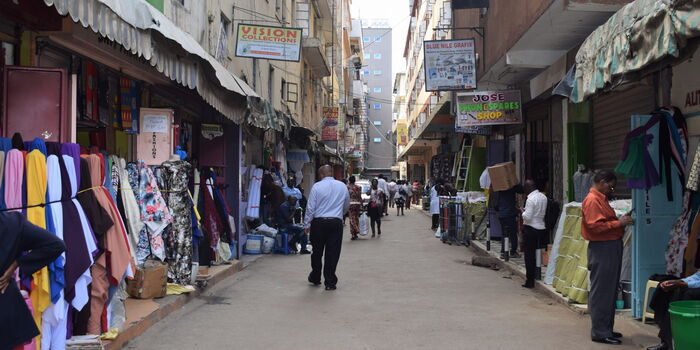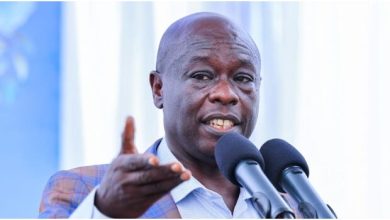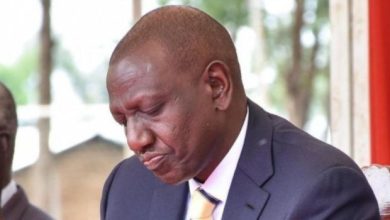Why Kenyan Companies Are Not Hiring

Kenya’s economy is grappling with notable challenges as September’s business landscape deteriorated, reversing the modest recovery witnessed in August.
Stanbic Bank’s latest report revealed that the Purchasing Managers’ Index (PMI) for September dropped to 49.7, down from 50.6 in August, marking a concerning trend that falls below the neutral threshold of 50.0.
This indicates a contraction in economic activity and suggests that the slight improvement observed last month was merely a temporary blip following earlier disruptions.
As firms faced dwindling orders and reduced output, the latest PMI results reflect the harsh realities of the current economic climate. Christopher Legilisho, an economist at Stanbic Bank, highlighted that business conditions are now showing signs of strain once again.
Several buses at a red light in Nairobi Central Business District
Photo
Nairobi news
He noted that the slight contraction in September suggests that August’s uptick was primarily due to a rebound from the previous disruptions caused by earlier protests. Companies are experiencing economic challenges, with consumer demand remaining subdued.
While sectors such as manufacturing and construction reported higher sales, agriculture, wholesale and retail, and services faced notable declines. This divergence underscores the uneven nature of the recovery, with some sectors struggling to gain traction amidst broader economic pressures.
The stability of employment levels, with the employment subindex remaining at a neutral 50.0, indicates that firms are hesitant to hire or replace staff, further complicating the economic outlook.
“Positively, employment in the private sector stabilised in September, after declining in August, while firms noted higher inventory stocks held as well as input purchases made, reflecting expectations for demand conditions improving in the last quarter of 2024,” stated Legilisho.
Economic growth has slowed considerably, with the Kenya National Bureau of Statistics reporting a growth rate of only 4.6 per cent for the second quarter of 2024. This is the lowest figure recorded in 18 months and represents a decline from 5 per cent in the first quarter. The ongoing protests against high living costs are believed to have taken a toll on both production and consumer spending, contributing to this dismal growth.
Amid these challenges, businesses reported a marginal rise in output prices due to easing input price inflation, which offers a glimmer of hope. Stable exchange rates and fuel prices over the past two months have played a crucial role in moderating cost pressures, and inflation is projected to remain subdued at around 4-4.5 per cent.
Despite these modest improvements, business confidence remains precariously low, with only 4 per cent of survey respondents expressing optimism about the coming year.
The overall sentiment reflects a broader fear of prolonged economic headwinds, raising concerns about the potential for further contractions in output and employment.
A photo of a trader selling shoes at Nairobi’s Central Business District (CBD).
Photo
Daily Monitor



